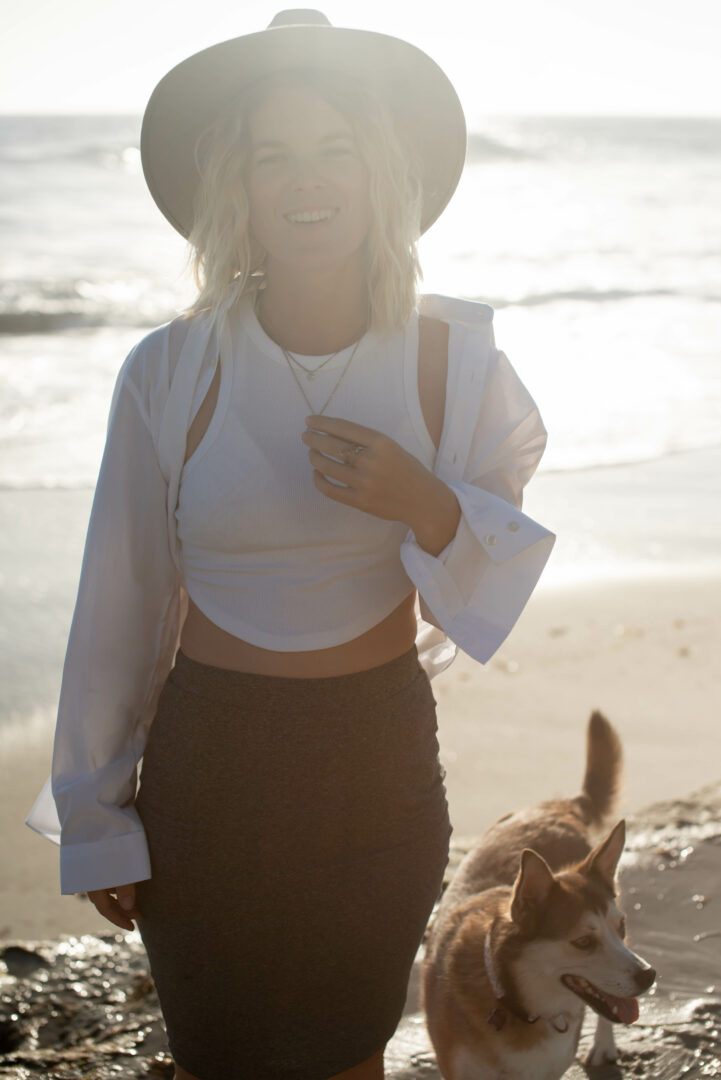Alright – so today we’ve got the honor of introducing you to Maryna Volotovska. We think you’ll enjoy our conversation, we’ve shared it below.
Hi Maryna, really happy you were able to join us today and we’re looking forward to sharing your story and insights with our readers. Let’s start with the heart of it all – purpose. How did you find your purpose?
I will answer that in context of how I figured that I want to be a dog trainer. I think it is about qualities like self-reflection and being in tune with your body, recognize and actually HEAR your own thoughts
I always worked corporate jobs. I never liked the work itself, but I stayed in it because it seemed like the most promising option. What else could I do? Did I have any other skills I could monetize? No—or at least that’s what I believed at the time.
When I was a kid I was never allowed to have a dog but wanted it so much. To the point that I would put a leash on a toy dog and walk it around apartment. So I knew when I grow up, I will get a dog. So here I am, a ‘young” adult. A “young” adult has to deal with a lot of bills (rent is the biggest one), 10h working day and a very little salary. So the idea of getting a dog was kept pushing. Time passed, and I kept hoping things would get better—and they did, but only a little. Eventually, I realized there might never be a perfect time. So I decided to get a dog.
I guess since I nurtured this idea in my head for that long, I took it very serious. I had a partner at a time who supported me emotionally, but all the responsibility and costs for the dog were on me. I decided that if I was getting a puppy, I would do everything possible to raise a good dog. I didn’t have a car, so the dog had to be able to use public transportation. I worked 10 hours a day, so I had to wake up earlier and sacrifice relaxation time after work to give her long walks and prevent bad habits. Most importantly, I had to figure it all out on my own. Back in Ukraine, where I’m from, there were no dog schools or training classes at the time—just a few old-school trainers focused on protection work.
So I started digging for information. I read books, watched YouTube, and taught my puppy basic skills myself. Over time, I noticed I really liked it. Whenever someone asked me about training my pup, I could talk for hours. I felt genuinely excited. I enjoyed learning and watching that knowledge turn into real-life skills for my dog (and I clearly recognize that joy).
Later, something else happened that pushed me further—I lost my corporate job. Honestly, I was asked to leave after I started pushing back against inappropriate comments from my boss. (Don’t ask—it was Ukraine. Employees weren’t as protected as they probably are now. I was always scared of losing any job) But in the end, it felt like an opportunity to try something new, and I started focusing only on this direction – dog training.
So, because I was aware of how much I liked training my pup and learning about it, because I disliked corporate jobs so much, because of the support from my ex-partner, and because of the unpleasant circumstances—I ended up finding my true purpose. I’ve now been doing this for 8 years, and it brings me so much joy.
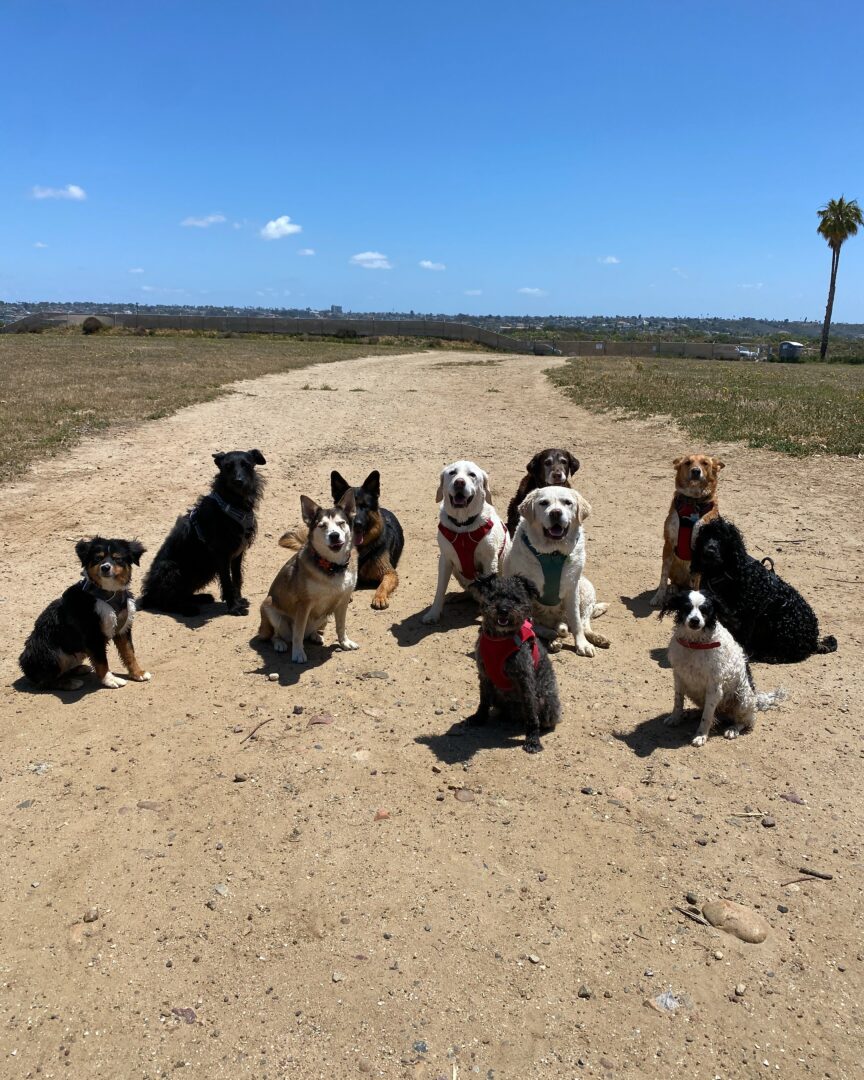
Thanks, so before we move on maybe you can share a bit more about yourself?
I’m a professional dog trainer specializing in both private sessions and small group classes. I work with people and their dogs in real-life settings—parks, homes, sidewalks—not in a traditional facility, because that’s where real behavior change needs to happen.
What sets my approach apart is that I put the person first—then the dog. Most trainers focus entirely on the dog: their behavior, their needs, their routine. Of course that matters. But in my experience, a dog’s behavior is often a reflection of what their person is going through—stress, confusion, overwhelm, lack of time or support. I work hard to meet people where they’re at and build training plans that fit their lifestyle, their schedule, and their emotional bandwidth.
Many of my clients come to me already frustrated, sometimes even ashamed or discouraged. My job is to take all that pressure off, listen closely, and help them get small wins that build confidence—for both them and their dogs.
I use positive reinforcement and a realistic, supportive approach that builds trust on both ends of the leash. My goal is not to create a “perfect” dog—it’s to help build a calm, respectful relationship where both the person and the dog feel understood.
What excites me most is seeing the shift in both the human and the dog—when frustration turns into relief, when people realize, “I can do this.”
Right now, I’m focusing on expanding my group class offerings and creating new online educational resources for clients—especially for those who feel overwhelmed or short on time. I want dog training to feel doable, not intimidating.
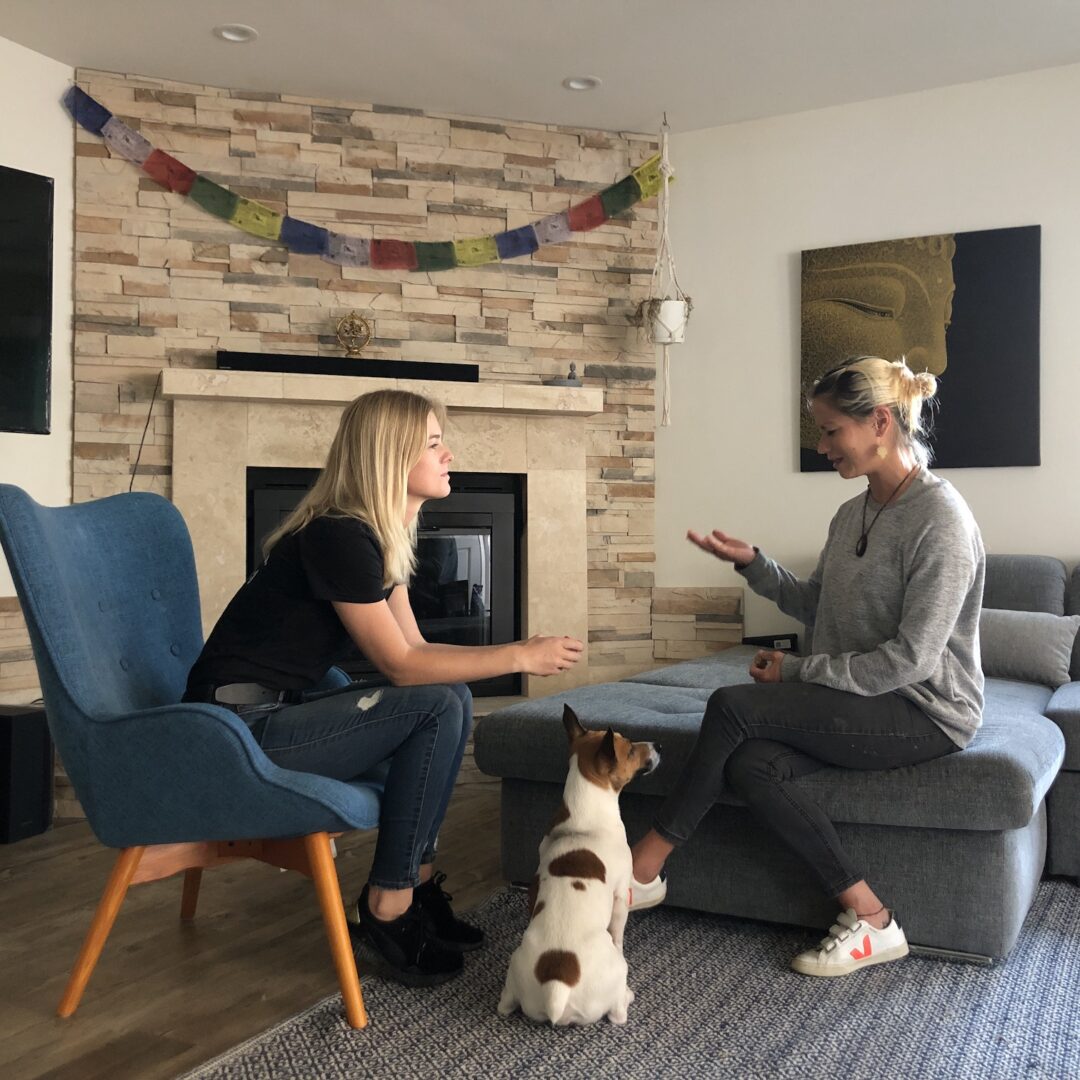
Looking back, what do you think were the three qualities, skills, or areas of knowledge that were most impactful in your journey? What advice do you have for folks who are early in their journey in terms of how they can best develop or improve on these?
1. Stay curious and keep learning.
You’ll never know everything—and that’s okay. The most important thing is to stay open, humble, and always willing to learn. Every dog, every client, every situation is different. The more curious you are, the better trainer (or professional in any field) you’ll become.
2. Don’t judge—start from where people are now.
A lot of people come to me with guilt, shame, or frustration about how things have gone with their dog. Maybe they made mistakes or didn’t know what to do. But judging past choices doesn’t help anyone. If someone opens up to you about their struggles, that takes courage—and your job is to meet that with empathy, not criticism.
3. Learn basic psychology.
You don’t need a degree—just a few good books on human behavior, communication, and mindset can make a huge difference. Understanding how people think, how they learn, and how they respond to stress or feedback helps you explain things in a way they can actually absorb. It makes you more empathetic, more effective, and more patient.
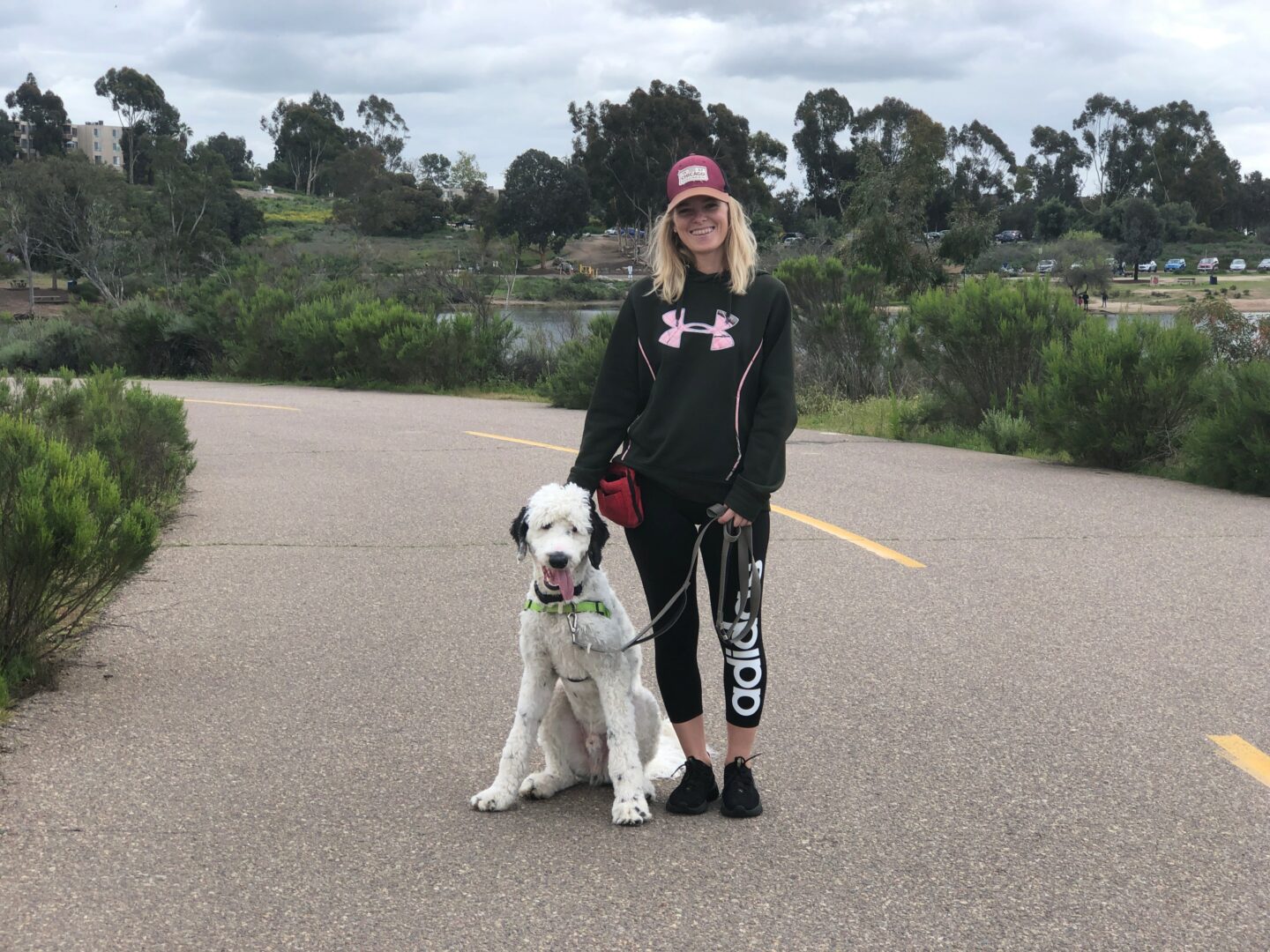
We’ve all got limited resources, time, energy, focus etc – so if you had to choose between going all in on your strengths or working on areas where you aren’t as strong, what would you choose?
I grew up in Eastern Europe, where the school system teaches you that you need to be equally good at everything—math, chemistry, literature, sports. Good grades across the board meant you were a “good student.” But that mindset doesn’t reflect real life. We’re all wired differently. Some people are great with numbers but struggle with writing. Others are creative but hate rigid structure. That’s normal.
Trying to be equally good at everything is not only exhausting—it’s inefficient. Why pour tons of time, money, and energy into something you don’t enjoy and aren’t naturally inclined toward, when you could invest that same energy into a strength and become exceptional at it?
In business, this mindset has helped me a lot. I realized I don’t have to be great at everything—I just need to be really good at the part that’s mine. For me, that’s working directly with people and their dogs. I’m very hands-on, emotionally tuned in, and I love reading the subtle cues in behavior that help me guide both dog and human toward progress.
But things like marketing, admin work, or staying consistent on social media? That’s much harder for me. Right now, I still do everything myself—because I have to. But I’ve started to notice what drains me vs. what energizes me. That awareness is helping me plan for the future. I know that as my business grows, I want to delegate those tasks I’m not great at, so I can focus even more on what I do best.
So my advice: play to your strengths, even if you’re wearing all the hats for now. Pay attention to what lights you up and what weighs you down. That’s how you’ll eventually build a business that not only works—but feels good, too.
Contact Info:
- Website: https://www.grettasdogtraining.com
- Instagram: https://www.instagram.com/grettasdogtraining
- Youtube: https://www.youtube.com/@grettasdogtraining
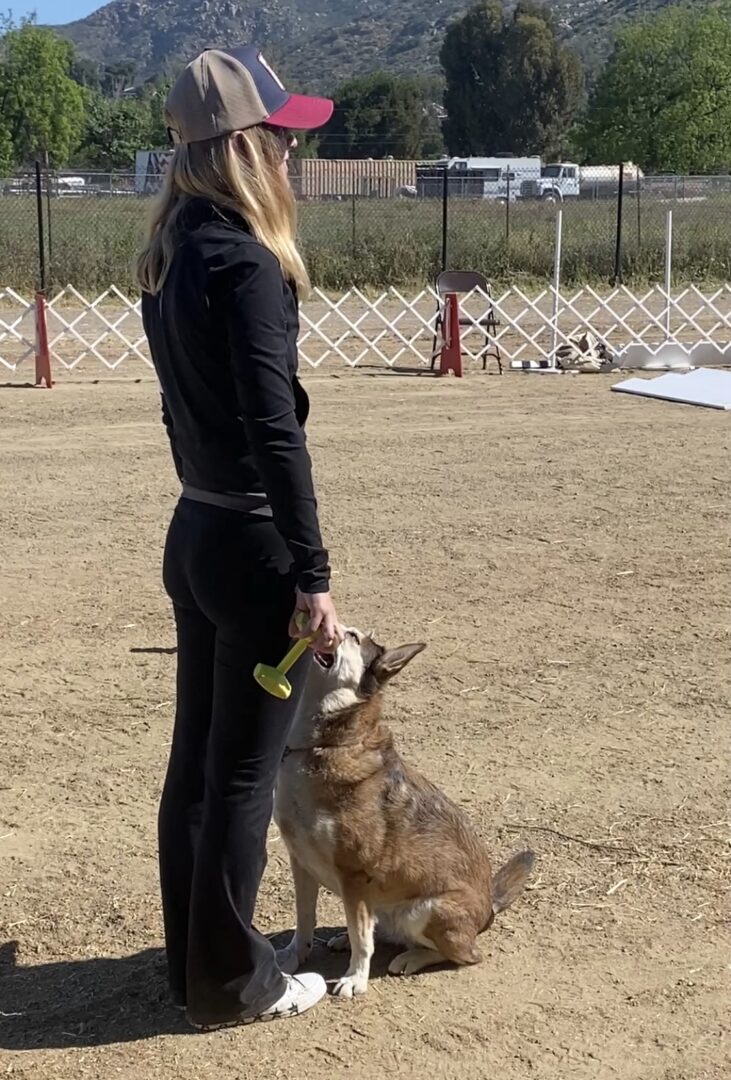
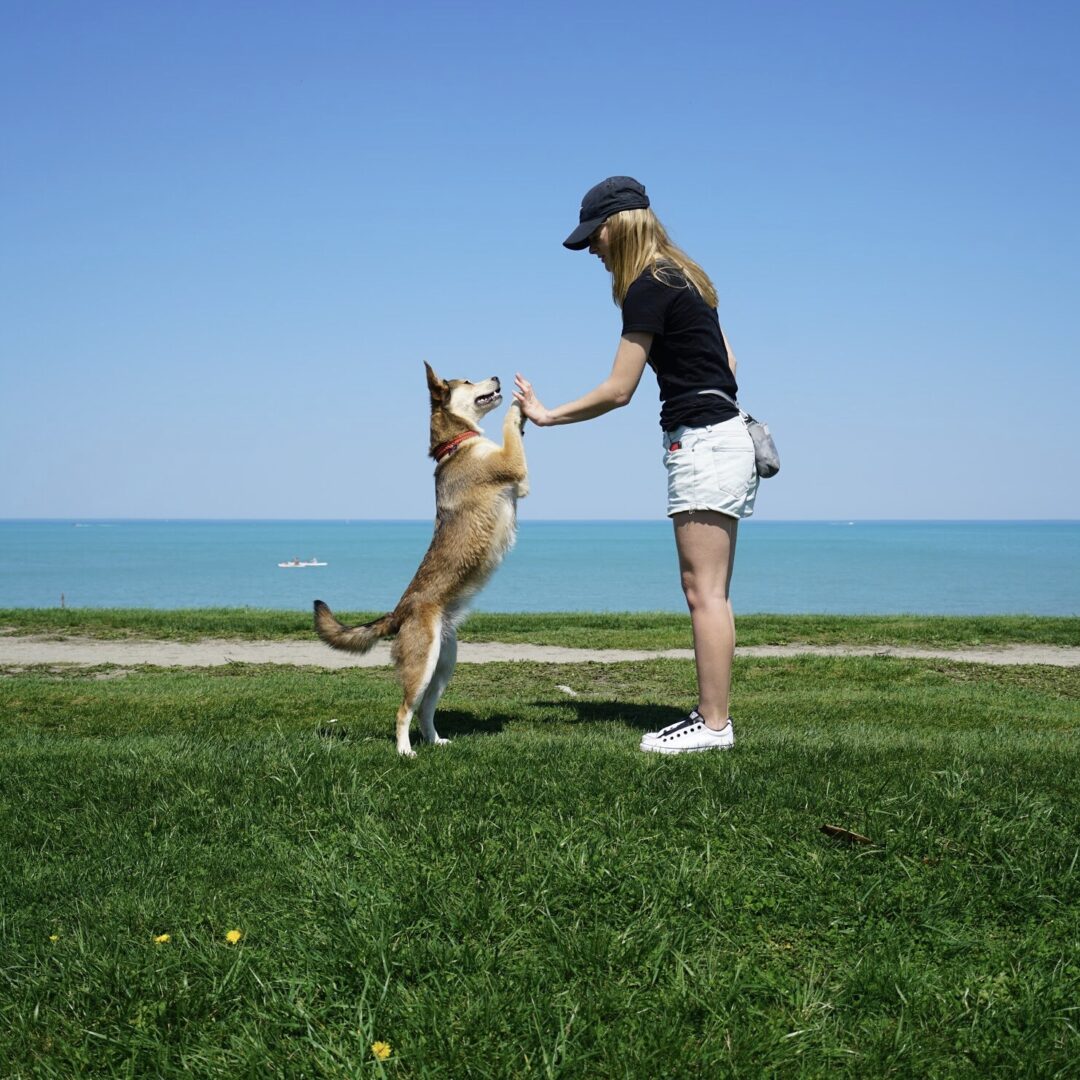
so if you or someone you know deserves recognition please let us know here.

